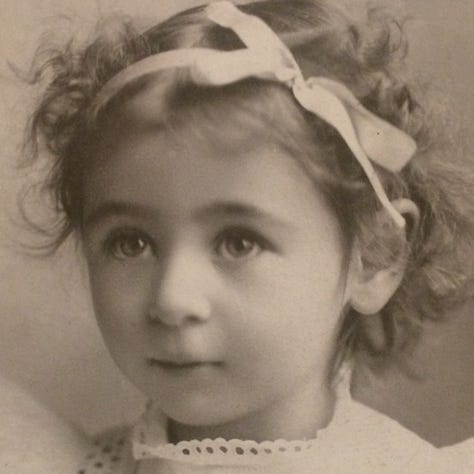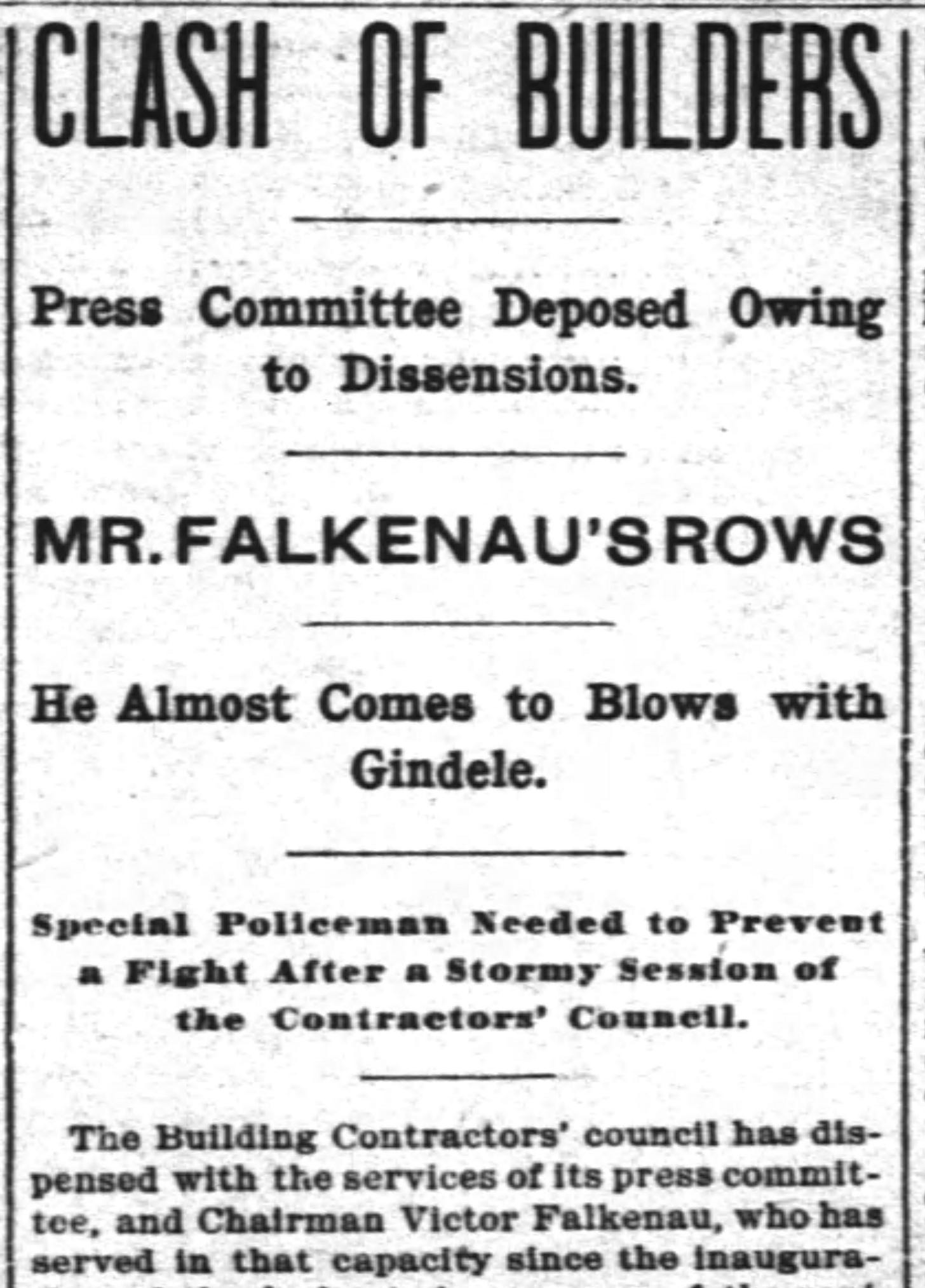For the past two years, I’ve been drafting a nonfiction book about the life of my great-grandfather, Victor Falkenau. Nonfiction means I can’t make up one single event, conversation, idea, or emotion. Everything must be factual. Not one invention.
Eight years ago, I started scouring the internet, Ancestry.com, and newpapers.com. I’ve perused articles, photographs, passenger lists, censuses, marriage and death registries, and wills. I’ve read over two hundred newspaper articles mentioning Victor and his family members. In my mother’s apartment, I rummaged through boxes of memorabilia. My mother, sister, husband, and I made a family roots trip to Prague, from where the Falkenau family fled in 1848 from the persecution of Jews. I’ve sorted through files in historical societies, museums, and archives in New York City; Funchal, the capital of the Portuguese island of Madeira; Chicago; and Altadena, California where Victor had lived. I’ve turned the disintegrating pages of telephone directories from the late 1800s. I’ve pored over documents from the National Archives. I walked up the same wooden staircase, grasped the same banister, and leaned against the same fireplace mantel as Victor and his wife, Marie, had done at their home on the University of Chicago campus. With immense pleasure, I met distant cousins, Larry and Raynelle Falkenau. I ran my fingers over their family relics. I’ve taken seven five- to ten-week classes on writing historical narrative (and not because I flunked).
Finally, I had sufficient material to stop procrastinating and start writing.
I’ve written enough to share some findings and experiences in creating this book. It’s been a fascinating journey. I wake up excited about what I’ll learn and write that day. I hope to share with you some of that fever and get your thoughts and comments – whatever – about what you find interesting or when you want to know more. What resonates?
To start, below is a very draft back cover. Does this make you want to buy and read the book? Put it down and move on? Wonder what’s so interesting about Victor? I’d greatly appreciate any tips. No matter what, I’m just glad you read this piece. Thank you for your time.



Victor Falkenau’s Chicago construction business and his family matter more than anything in the world to him. When he gets tangled up defying the building unions in the 1890s, he puts his family’s safety at risk. Sometimes wielding a Winchester, he battles union wages and strikes and hires nonunion men. When the unions threaten to kill him and kidnap his wife and three little girls, he sends them to Colorado far from their revenge. He’s unwilling to back down from what he thinks is the right way to build Chicago’s modern edifices and create a thriving metropolis. He writes poems and letters to his daughters. He encloses stamped envelopes so they’ll write him. He encourages them to ride and learn tricks on their new wheel. He makes moral and practical choices to keep his family and business alive. He proposes visionary ideas to change the course of rivers, streets, and slums to make Chicago more livable. When he goes through a crisis at the height of his career, he has to figure out how to contribute to his city and country and make his work add up to the legacy he has envisioned to better the life of everyman.




What a story! I can't wait to read it.
Wow! Such an interesting life. Just being given hints of the book, I want to know more.